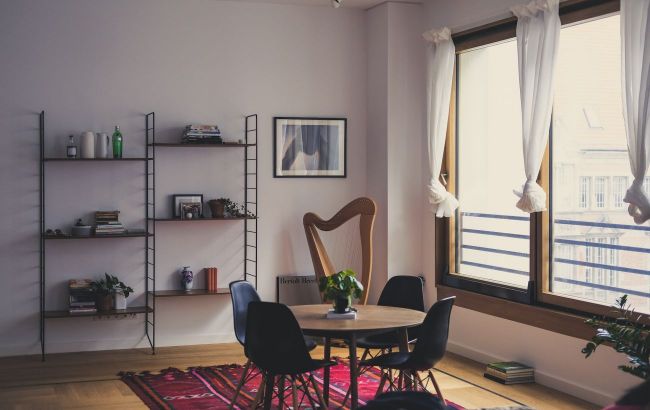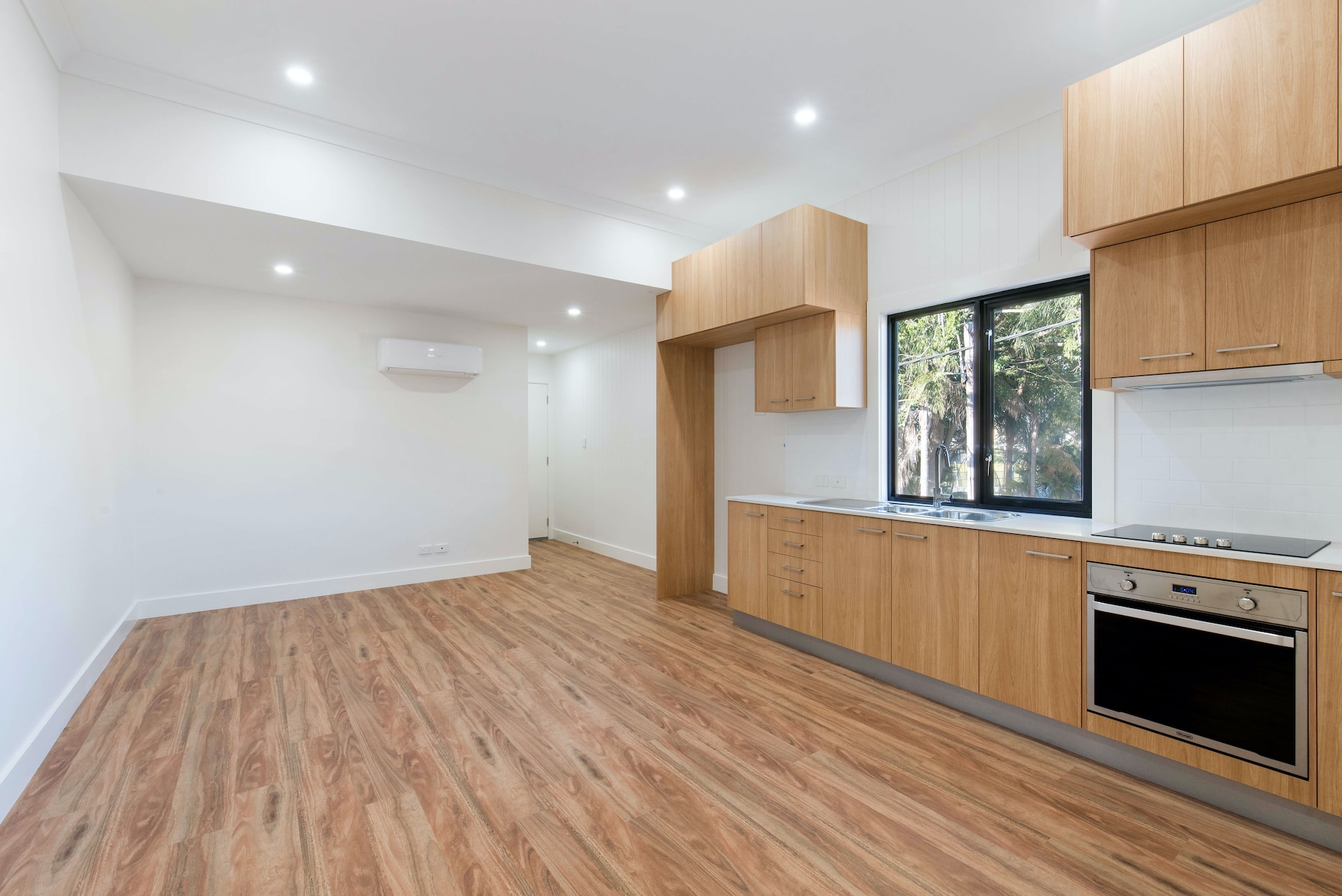Living in Germany: Tenants' rights and responsibilities
 Photo: Apartment in Berlin (unsplash.com/Grant)
Photo: Apartment in Berlin (unsplash.com/Grant)
Tourists in Germany often live in rented housing, which they pay for on their own or with the help of the employment center. The tenant has certain rights, such as a reduction in rent while the landlord fixes the problems. ukrainskagazeta.de tells what prospective tenants should know about their rights and obligations when renting housing in Germany.
Who is responsible for malfunctions in the apartment
A person renting an apartment must maintain the property in the condition specified in the agreement. At the same time, if malfunctions or damage occur through no fault of the tenant, the landlord is responsible for fixing them.
Common malfunctions include heating problems, leaky windows, doors that won't close, mold, or clogged drains.
Often, there are disputes over who is responsible for mold on the premises. The landlord may claim that the tenant does not ventilate the premises. So the tenant has to prove that the mold arose for another reason.
Meanwhile, if the owner does not immediately fix the material defects, the tenant is entitled to a rent reduction.

Photo: Renting a house (unsplash.com/steven-ungermann)
How to get a discount on rent
If a tenant notices a defect, they should immediately notify the landlord. The tenant has the right to ask for a rent reduction for the period until the defect is repaired. However, the landlord is not obliged to reduce the rent.
The amount by which the rent can be reduced always depends on the specific case. For example, if the largest room in the apartment cannot be used for a month, the tenant may ask for a rent reduction of approximately 30%.
When the owner can terminate the agreement without notice
The landlord can only terminate the agreement without notice if they have good reason to do so, for example, if there are large rent arrears or if there have been other serious breaches of the agreement.
If the tenant does not move out despite a valid eviction notice, they can be evicted through a court order or after the expiration of the notice period, which is usually three weeks.
Also, the landlord can easily terminate the lease if he or she needs housing for himself or herself or close relatives (children, grandchildren, parents). However, the landlord must clearly explain why he or she wants to terminate the lease and what his or her personal goals are. If a dispute arises between the tenant and the landlord, the case is heard in court.

Photo: Keeping pets must be agreed with the apartment owner (unsplash.com/roberto-nickson)
The tenant's right to visits and privacy
One of the most basic rights of tenants is the right to have guests visit. The law on the place of residence means nothing more than that the tenant owns his own four walls. After signing the contract and receiving the keys, the owner has no right to enter the apartment without the tenant's consent. In addition, the landlord is obliged to give the tenant all available keys to the apartment.
However, the owner has the right to inspect the apartment once every 1-2 years with the tenant's consent and at a specified time. According to the right of visitation, tenants may receive guests in the rented apartment at any time, provided that the house rules are not violated.
What pets can be kept without the owner's consent
If the lease agreement does not specify rules for keeping pets, you are usually allowed to keep small animals such as fish or hamsters.
With dogs and cats, the landlord can decide whether to allow the tenant to keep pets.
How to return a deposit for an apartment
A housing deposit is another important part of a lease agreement. The tenant has the right to get this money back if they have not damaged the owner's property.
If the tenant wants to terminate the lease and move to another place, the owner usually has 3 to 6 months to return the deposit.
The condition is to terminate the lease agreement, return the apartment in good condition under the terms of the agreement, and not have any rent or maintenance fees in arrears.
We also wrote about the cost of renting an apartment in German cities. A studio apartment in the countryside can cost from 500 euros.

